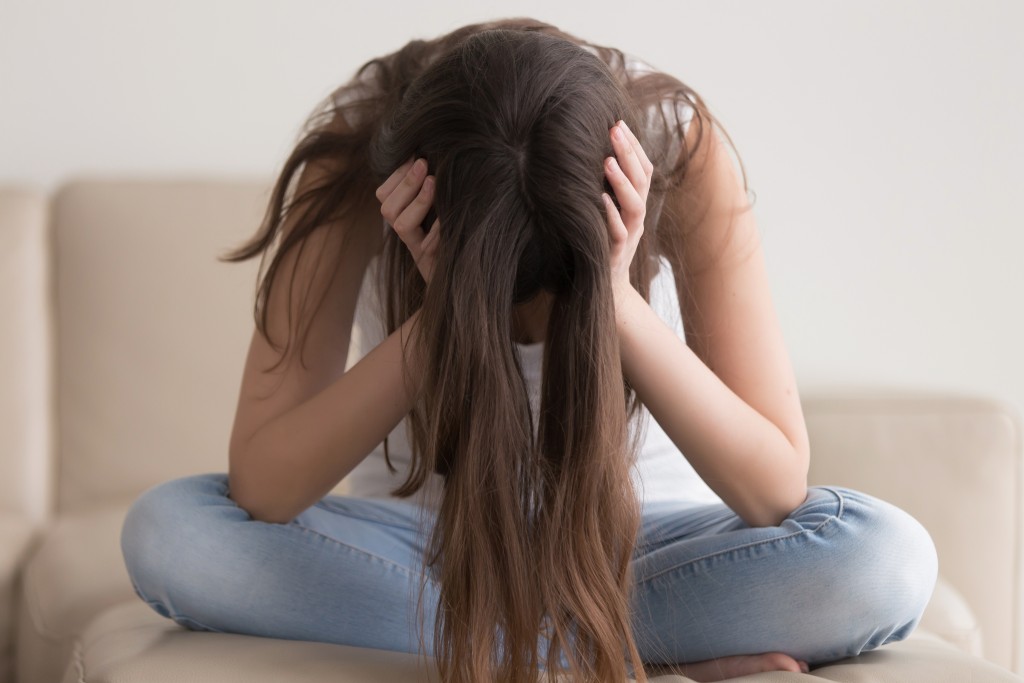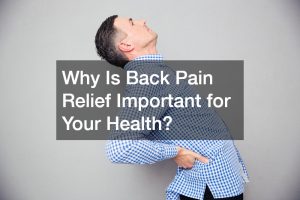Disclaimer: This website provides health information for educational purposes only and is not a substitute for professional medical advice, diagnosis, or treatment. Always seek the guidance of a qualified healthcare provider with any questions you may have.
You’ve probably experienced how alcohol seems to have reduced your level of anxiety at least once or twice in your life. Alcohol can indeed make us feel more courageous and lose the chains that often worry us.
If that is the case, then does that mean that alcohol is a cure for anxiety? Does it mean that if we keep on drinking, we’d eventually diminish feelings of anxiousness? The answers to these questions are quite complex, and you need to fully understand them to put you in harm’s way.
How Does Alcohol Reduce Anxiety?
There is a certain amount of truth that alcohol can help you unwind and destress. This is because alcohol is a form of sedative, which means that intaking it will generally make you feel less nervous, calmer, and more relaxed.
This is why, in some cases, the effects of alcohol are almost the same as that of an anti-depressant or anti-anxiety medication. In fact, some doctors do not prohibit their patients from drinking alcohol, as long as it’s done in moderation.
The problem arises when you start believing that this is a cure for anxiety. It’s best to stop drinking alcohol the very first moment you realize this, or maybe avoid alcohol altogether, especially if you’re suffering from other physical and mental health conditions.
The Danger of Alcohol Dependency
Alcohol is one of the most accessible and widely used drugs in the U.S. and other western countries. This is perhaps because it’s legal. You can’t really be fined or jailed for drinking alcohol, as long as you’re not a minor. However, being dependent on alcohol may result in one, a few, or all of the following.
Physical Health Risks
The first is physical health risks. Your body’s liver can only function long enough every single day. When you consume alcohol daily, you might end up with plenty of physical health risks like liver problems.
Panic Attacks
Although the alcohol blocks the inhibitors in your brain to prevent you from worrying or lessening it, the problem comes when the drug wears off. Your serotonin levels will increase, and your neurotransmitters will return to their functioning. And since your anxiety was not technically treated but rather suppressed, it will come back worse. It can lead to panic attacks or long-term worsening of anxiety.
The Vicious Cycle
Once you feel that your anxiety is worsening again, you would then resort to alcohol to provide temporary relief from this negative emotion. But again, it does not cure or treat anxiety but rather holds it back. The cycle will once again begin once the alcohol wears off. Over time, this dependency will branch out to plenty of other problems.
Alcoholism
It is indeed a tempting drug to try and drink alcohol to prevent us from suffering from anxiety. However, this may lead to the development of alcoholism. Instead of having just one medical condition, you will eventually need to find anxiety and alcoholism treatment.
Possible Treatments for Alcoholism

Treating alcohol dependency is perhaps one of the hardest battles you could ever take on. One factor that contributes to this is its legality and how accessible it is. Because of this, people find it harder to turn their back on this drug and completely abandon it. However, some possible treatments might help you if you want to put an end to alcoholism.
Rehabilitation
Since there are no medications that can treat this condition, rehabilitation is the most common option. Rehabilitation programs have varying lengths and degrees, depending on how deep your addiction to the drug is. For alcoholism, it generally takes around one month to one whole year to recover.
Support Groups
If you do not like the sound of rehabilitation, you can also try looking for support groups. Alcoholics Anonymous is arguably the most popular fellowship for people suffering from alcoholism. Finding people who are battling the same wars as you, and learning from them how they overcame their addiction, will provide you with first-hand insights on how to win the war.
Counseling or Psychotherapy
Although no medication cures alcoholism per se, there are plenty of treatment options for its symptoms. Psychiatrists often offer anti-depressant medication to people with alcoholism, as long as it’s supervised, and the patient takes regular counseling as well.
It can sometimes be a mystery how our body functions and responds to different sorts of chemicals. However, this side of the unknown can be quite dangerous for us. When it comes to anxiety and alcohol, it’s best not to mix the two. It can be tempting, but it will only lead to negative results.




